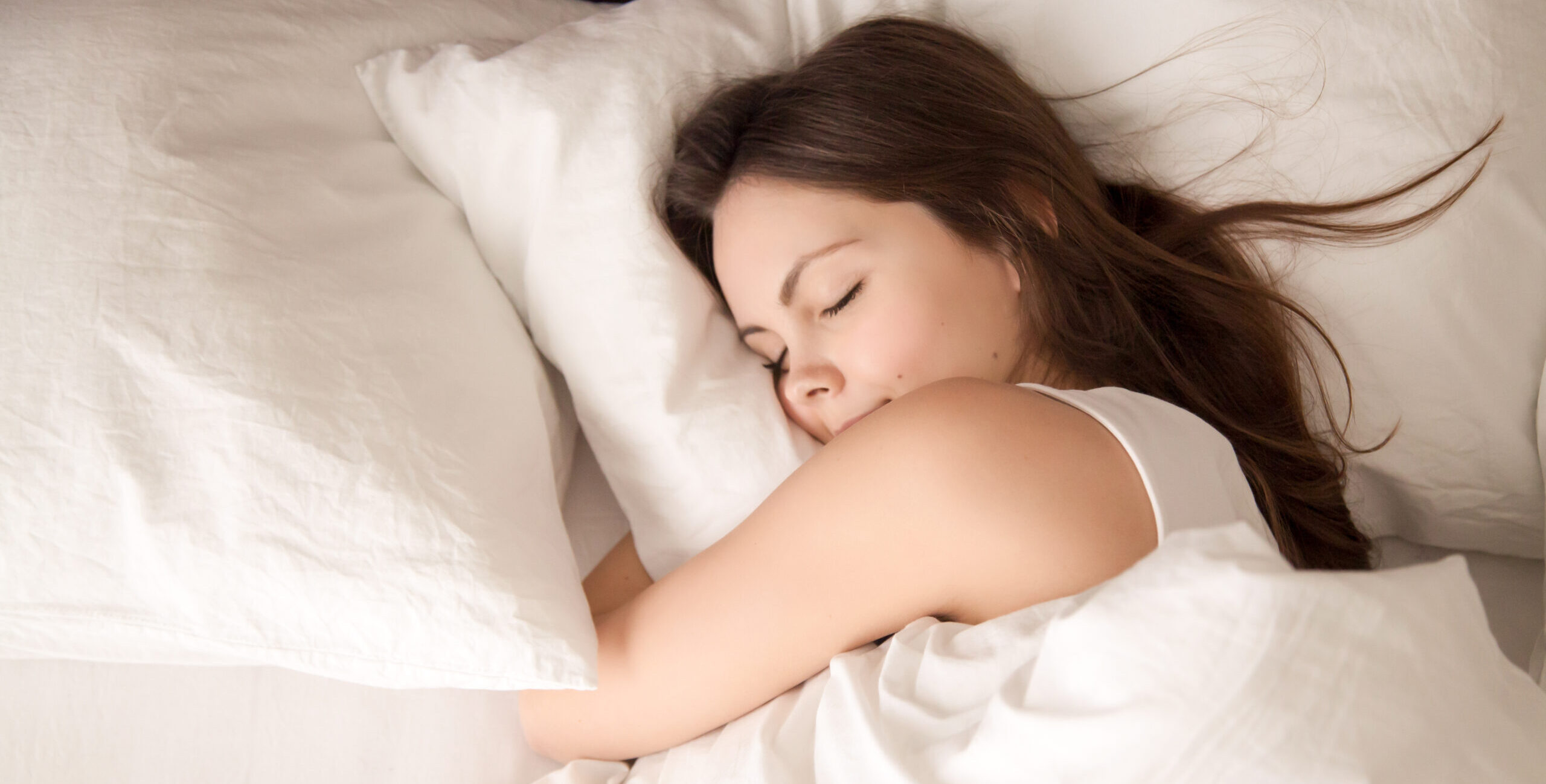Sleep has always been a significant part of the lives of human beings. This said, it’s only in far more recent times that we’ve truly started to appreciate just how critical good sleep is to our overall health and wellbeing. Getting quality sleep will help someone feel happier, healthier, and more productive. By contrast, a lack of quality sleep can result in someone feeling more gloomy and frustrated, and pose a risk to overall health.
When it comes to quality sleep, getting deep sleep is essential to aim for. So, let’s look now at what is vital to understand about deep sleep.
Why Is Deep Sleep Important?
To understand why deep sleep is important, it’s essential to know how sleep occurs. Sleep ultimately splits into two categories: Non rapid eye movement (NREM) and Rapid Eye Movement (REM). NREM has three stages: N1, N2, N3 – AKA: light (N1), a transitional ‘light deep sleep’ or stable sleep (N2), and finally deep sleep (N3). The fourth stage ultimately rounding out the unique human sleep architecture is REM or dreaming stage. The failure to adequately enter into the N3/deep sleep stage – or the REM stage beyond it – means an individual will only have lighter sleep in their N1 and N2 stages, and they won’t wake up feeling as refreshed. As it were, the individual has missed receiving the most powerful ingredients of nature’s healing elixir – sleep!
How To Get More Deep Sleep
There’s a number of ways in which someone can pursue deep sleep. It’s important to also remember everyone is different, so each individual should allow some time to find the right formula for them. This said, pursuing good sleep ‘hygiene’ is a consistent factor in the lives of essentially everyone who is able to pursue deep sleep. Good sleep hygiene means minimising distractions and disruptions to the sleeping routine as much as possible.
For example, when possible, keeping digital devices out of the bedroom – so time is not spent using them instead of sleeping – is best. Also, avoiding drinking and eating shortly before bed, as this could mean the body will force the brain awake as a trip to the bathroom becomes required overnight. Minimising the use of substances such as caffeine and alcohol well before bed is also ideal. A common guideline is no caffeine should be had at least eight hours before bed, and no alcohol at least three hours before bed. If consumed shortly before bed, these substances can delay and/or disrupt sleep
Additionally, Snoring or suspected sleep breathing disorders like obstructive sleep apnea can hinder your ability to achieve high-quality deep and REM sleep. Consult your doctor for further evaluation, including the possibility of a sleep study or additional tests.



